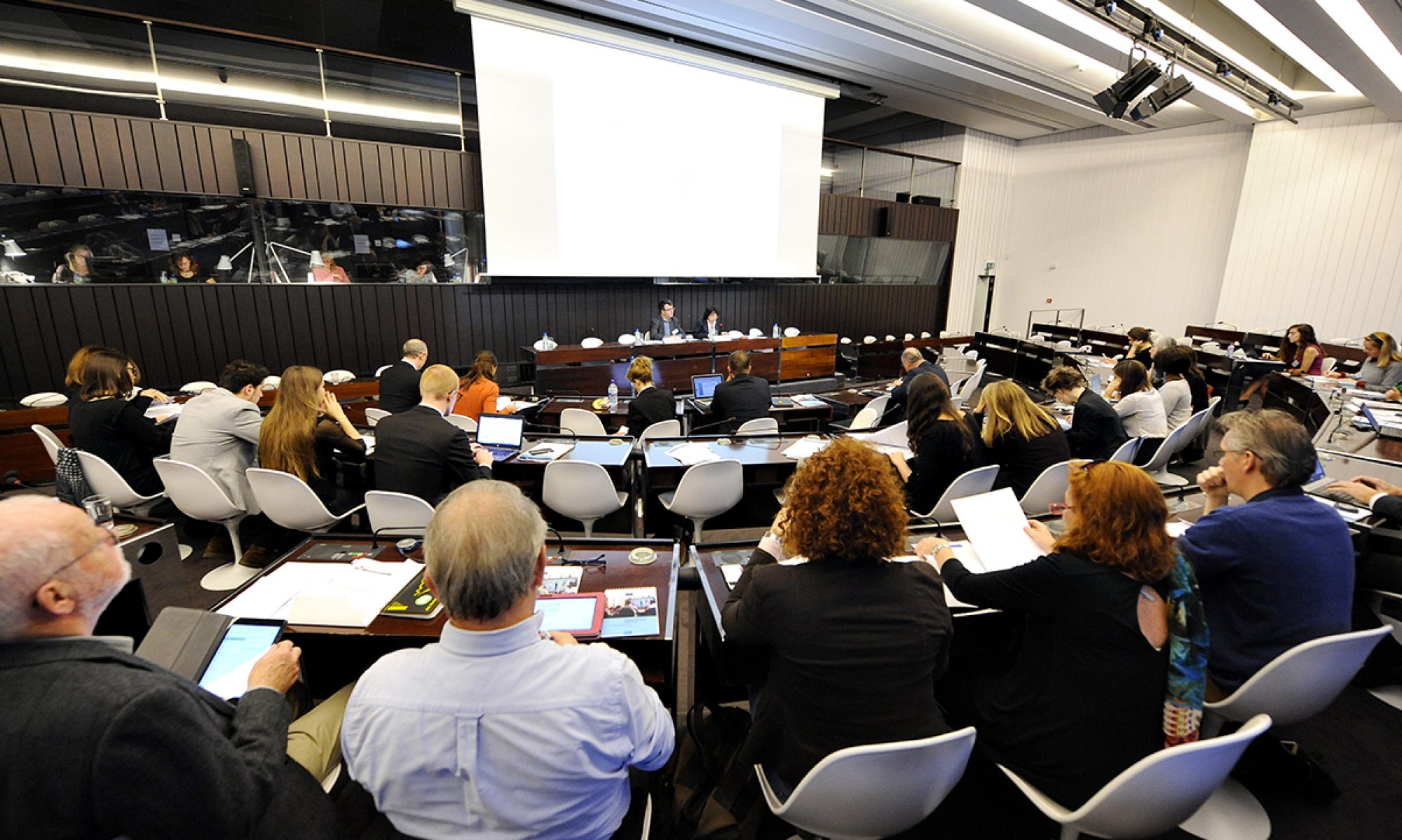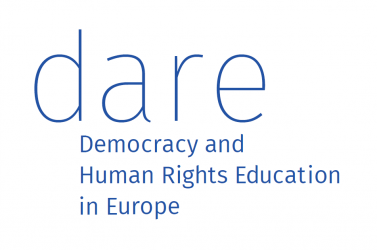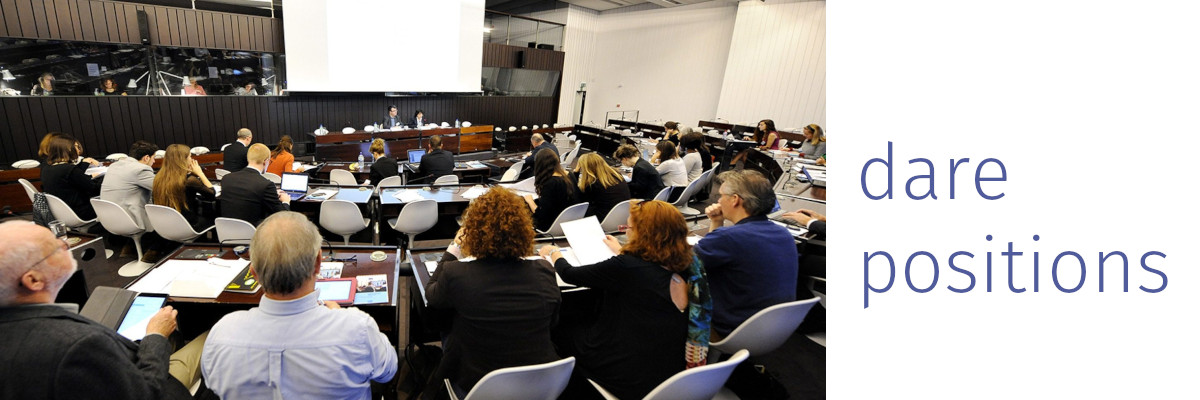DARE network’s feedback to the Proposal for a Council Recommendation on improving the provision of digital skills in education and training
Date: 2022-09-16
People are in different roles affected by the digital transformation
E.g., as users, learners, trainers, employees and active citizens. This multitude of roles that each person takes on demands an approach using themes and varied tools for framing and understanding the digital transformation.
The EU’s strong ambitions and successful path in digital transformation must be reflected in the training and education about ‘the digital’ – learning “about” the digital transformation as condition for taking an active stand on how citizens wish to co-shape the ongoing transformation they are in. Involving especially critical thinking and instigating a pro-active attitude – by breaking down socio-political and data-economic and data-scientific complexity to support people to study and access the economic and political issues of digital transformation.
Accordingly, educational frameworks and curricula should go beyond technical skills and aim to include ethical, social and transformative aspects related to democracy and human rights. The development of Digcomp 2.2 for the EU and Digital Citizenship Education (CoE) lead in this direction, but education should incorporate democratic governance, fundamental rights provision and citizen-driven digitalisation as core dimensions.
In these areas in particular, we see great potential for digital education and a mandate for policy makers to unlock this potential:
Democratic, Human-centered Path: Toward Civic Competence
For building digital competence, recognize the significance of learning to understand the meaning and relevance of human rights and democratic principles to learners also related to the digital transformation: Aspects of inclusivity, non-discrimination, freedom from norms, surveillance, access, freedom of speech/expression, autonomy, integrity (of services and devices), property (not only copyrights but also individual property rights related to data), or customer rights.
Platformisation
Platforms shifted the way work and services are organised or infrastructures are managed. A more systematic and critical understanding of platformisation and platform power helps lifelong learners in their choices. In line with European initiatives for an open, competitive Internet ecosystem education should also refer to the debates in competition, consumer and technology policy about desirable forms of digital economy and Internet governance.
Datafication
Measuring, data flows and tracking are playing an increasingly important role in all areas of life, starting with one’s own body, in one’s own four walls, at work and in public. We identify a digital self-competence, the ability to control and create the individual representation in the digital sphere.
All Should Understand the Technical Concepts More – Not Only IT Experts
The methodology behind the aforementioned aspects gains relevance – knowledge about artificial intelligence or Big Data is becoming obligatory for all, not only IT experts.
Global and Environmental Learning
Environmental impact of digitalisation also needs to be further explored– the individual footprint and the systemic contribution of the digitalisation to more sustainability, also referring to EU policies (i.e. raw material resilience, circular economy…).
Participation and Inclusion
Digitalisation has changed the way people participate in society. Education might support more citizens to make best use of available data, digital platforms, and opportunities to digitally facilitated communication, advocacy and collaboration.
The Digital Self
Digitalisation offers potential for representation and has consequences for each individual. The physical and psychological impact of digitalisation, the question of how digitalisation can lower social divides or how it enables humans to manage work and activities should be explored in a constructive and critical way. This includes also that digitalisation might build new barriers, foster addiction or act as an instrument of control as opposed to supporting human autonomy, freedom and participation.
Contact: Nils-Eyk Zimmermann office@dare-network.eu


